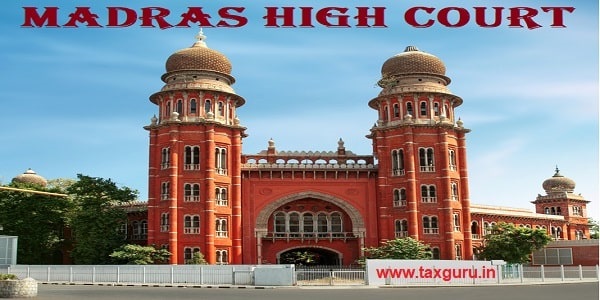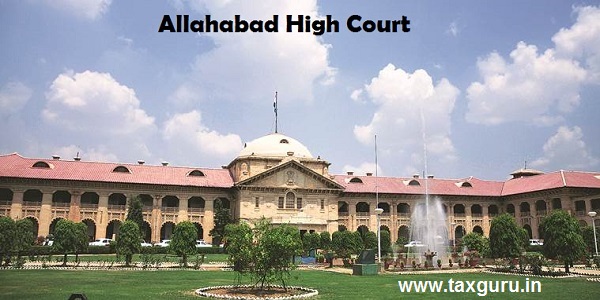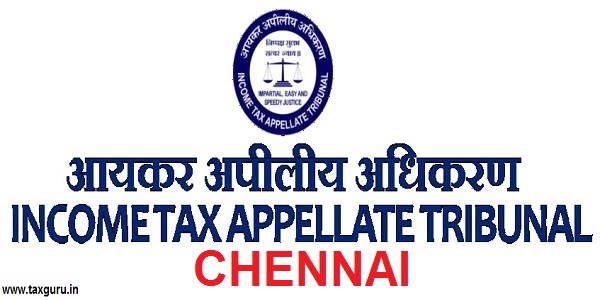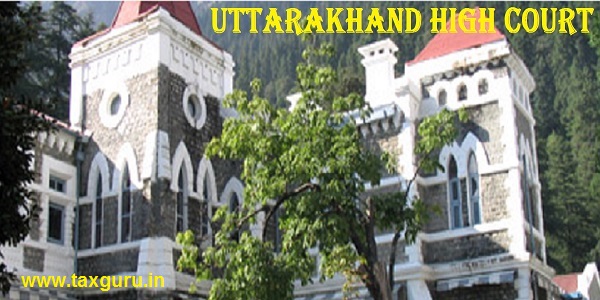Treatment of Assets of a Company dissolved under Section 248of Companies Act, 2013
Section 248 of The Companies Act, 2013 and Section 560 of The Companies Act, 1956 empowers the Registrar to strike off the name of a company from the register of companies. The Companies Act, 2013 has, just like its predecessor, failed to address a very pertinent question – What would be the fate of properties and assets of a company after its name is struck off from the register of companies and it stands dissolved? In this article, it is my argument that in such a case, until there is any amendment in Section 248 of the 2013 Act or any other Supreme Court ruling on this matter, the Doctrine of ‘Bona Vacantia’ would apply and the assets of such a company would vest with the government.
Sec 248 of the Companies Act, 2013
As per Section 248 (1) of the 2013 Act – The registrar has Suo Moto powers to remove the name of the company in the circumstances specified in 248 (1). For doing so, he/she must first send a notice to the company specifying his/ her intention to strike off its name from the register of companies. This Section makes it compulsory for the registrar to issue the notice. Section 248 (2) allows a company itself to file an application before the registrar for removal of its name from the register of companies under the grounds specified in Sub-Section (1). However, the company must have met all its liability and obtained the approval of its shareholders holding not less than 75% of its shares. On expiry of 30 days of the notice issued under Section 248 (1) of the 2013 Act, unless anything contrary is shown by the company, the Registrar will strike the name of the company and publish the notice in the official gazette. On such publication of the notice in the official gazette, the company shall stand dissolved.
A cursory glance through both The Companies Act, 2013 and its predecessor confirms that they both lack any guidance regarding the treatment of the company’s properties after the company stands dissolved.
Properties of a dissolved company shall vest with the state
The present issue was raised in the case of In Re. U.N. Mandal’s Estate[1]. In this case, a company was formed but its name was struck off by the registrar as the company never functioned and it never owned any assets or liabilities. The Registrar after duly following all the procedures laid down under Section 560 of The Companies Act, 1956 issued the final notice declaring the dissolution of the company and struck off its name from the register. We are concerned with one argument of the applicants which cropped up during the course of the hearing. The applicants contended that if there was any property or asset of the Company then there would be none to take it over and it would be a loss to everyone concerned. This argument was not pressed strongly by the applicants but still, it was considered by Hon’ble Lordship Mukharji.
His Lordship opined that in such a contingency, the Doctrine of Bona Vacantia would be attracted and “The assets of such a company would not be without an owner. The state would take them over.”
Justice Mukharjee explained the position in English Law with respect to such properties. Section 354 of The English Companies Act, 1948 expressly says that the property of a dissolved Company would be bona vacantia, and Section 355 of the same English Statute gives the power to the Crown to disclaim title to property vested under Section 354. Even independently of and before the statutory provisions like Sections 354 and 355, the doctrine of bona vacantia was applicable in England to the property of a dissolved company.[2]
Justice Mukharjee held that:
“If, therefore, without the express statutory provisions of Sections 354 and 355 of The English Companies Act, 1948, the doctrine of bona vacantia applied in England, it would be all the more so here in India because of Article 296 of the Constitution of India, which uses the words “any property in the territory of India which if this Constitution had not come into force would have accrued to His Majesty.” Now if this property of a dissolved Company could accrue formerly to the Crown in India then as bona vacantia it now belongs to and vests in the Union of India under Article 296 of the present Constitution.”
However, the reasoning of Justice Mukharjee must be considered Obiter Dictum for he himself warned that on the above-mentioned issue, he was speaking for himself and not deciding the point.
In Pierce Leslie and Co. Ltd v Violet Ouchterlony Wapshare,[3] a company went into voluntary liquidation and was wound up. The company was further dissolved. The appellants contended that all the properties and rights of the old company had come to be vested in the government by escheats or as bona vacantia and the plaintiff, therefore, could not sue for the recovery of its properties. However, the plaintiffs disputed the right of the government to take the properties by escheat or as bona vacantia, and they contended that on the dissolution of the company, its assets had now vested in its shareholders. Supreme Court observed the following:
- Sec 20 (3)(iii) of The Government of India Act, 1858 provided that the revenues of India received for His Majesty would include, “… all property in British India devolving as bona vacantia for want of a rightful owner.”
- Sec 174 of The Government of India Act, 1935 provided that any property in India would accrue to His Majesty by escheat or lapse, or as bona vacantia for want of a rightful owner, if it is property situate in a Province, vest in His Majesty for the purposes of the Government of that Province. . . “
- Article 296 of The Indian Constitution now provides that any property in the territory of India which, if this Constitution had not come into operation, would have accrued to His Majesty or, as the case may be, to the Ruler of an Indian State by escheat or lapse, or as bona vacantia for want of a rightful owner, shall, if it is property situate in a State, vest in such State, and shall, in any other case, vest in the Union …
The above enactments show that in our country, the government takes by escheat and by bona vacantia immovable as well as movable property and this is an incident of Indian sovereignty. This principle rests on the principle of ultimate ownership by the state of all property within its jurisdiction. The Apex court also acknowledged the opinion of Justice Mukharjee in In Re U.N. Mandal’s Estate case.
The Court finally held that the shareholders or creditors of the dissolved company are not entitled to maintain any action for recovery of its assets. “The Government has a right to take all property within its jurisdiction by escheat for want of an heir or successor or as bona vacantia for want of a rightful owner”
On the similar lines, Karnataka High Court in its judgment Yeshwant Raghunath Bhide vs Income-Tax Officer[4] has ruled that:
“If the name of a company is struck off the register, its undisposed off property is not appropriated towards its liabilities. Nobody would claim that property. It vests in the Crown as bona vacantia subject to its rights to disclaim. (See The Principles of Modern Company Law, 3rd edition, by L. C. B. Gower, page 652).” It also referred to In Re U. N. Mandal’s Estate (P.) Ltd.
This principle has been again reaffirmed by the Supreme Court in Narendra Bahadur Tandon v Shankar Lal (since deceased).[5] In this case, the court, inter alia, considered the issue as to what would be the effect of the dissolution of the company on the lease-hold interest which the company had in a land? It held that “If the company had a subsisting interest in the lease on the date of dissolution such interest must necessarily vest in the Government by escheat or as bona vacantia. In India, the law is well settled that the property of an intestate dying without leaving lawful heirs and the property of a dissolved Corporation pass to the Government by escheat or as bona vacantia.”
In Biswanath Khan And Ors. vs Prafulla Kumar Khan[6], a company which was a thika tenant was dissolved. The issue arose whether the tenancy would be extinguished, and the land would revert back to the landlords or whether the tenancy would vest in the state by way of escheats or Bona Vacantia? The court relied upon the Supreme court judgments in Pierce Leslie and Narendra Bahadur and its own judgment In Re: U.N. Mandal’s Estate. It then held that interest of a thika tenant is also a property like any other property and would accrue to the government.
There is a pressing need for legislative guidelines on this matter. But till that time, based on the above precedents, an argument can be made that any company when once dissolved under Section 248, the rightful owner of its properties will be the government.
[1] In Re. U.N. Mandal’s Estate, AIR 1959 Cal 493
[2] In Re T. S. Wells: Swinburne Hanham v. Howard (1933) 1 Ch. 29.
[3] Pierce Leslie and Co. Ltd v Violet Ouchterlony Wapshare, AIR 1969 SC 843
[4] Yeshwant Raghunath Bhide vs Income-Tax Officer, [1974]44CompCas290(Kar)
[5] Narendra Bahadur Tandon v Shankar Lal (since deceased), AIR1980SC 575
[6] Biswanath Khan And Ors. vs Prafulla Kumar Khan, AIR 1988 Cal 275




























Good writing. Thanks.